The Great Sage Returns, and the world bows down.
In August, "Black Myth: Wukong" created a "Black Wukong Mythology".
As of September 20th, the latest data from VG Insights shows that "Black Myth: Wukong" has sold 20 million copies on the Steam platform, generating over $961 million in revenue (approximately 6.79 billion yuan).
This achievement is not only the first successful nuclear explosion in China's AAA gaming industry, but more importantly, in today's era where the "profitless prosperity" phenomenon is more common, it has proven a path to success that is completely different from "low-quality involution" with its outstanding quality, winning the respect and recognition of the market.
Behind the soaring sales is the infinite empathy between players and the "chosen ones".
Youth only admires the strength of the Great Sage, but there are many helplessness in life, and it takes half a lifetime to understand.
How to find the courage to move forward in the struggle is the lesson of Wukong, and also the proposition of life for most people today.
At this moment, the sense of destiny of Wukong resonates silently with social emotions.
When life is filled with Schrödinger's uncertainty, holding tight to the wallet will probably become an instinctive reaction for some people to fight against uncertainty.
But in fact, people still pay attention to their inner selves, review the value and meaning of life, trying to find a support in the uncertain fog, seeking the comfort of the soul and the reconstruction of order, and these inner desires are also reflected again and again in the popularity of Zibo, Harbin, and Altay.
As Marx once proposed in the preface to "Critique of Hegel's Philosophy of Law" that "man is the highest essence of man", it argues that in addition to physiological and material instincts, people also have spiritual instincts pursuing a sense of value and meaning.
And so-called human nature is nothing more than a collection of needs.
All needs will eventually be externalized into people's behavior and manifested in consumption choices again and again.
Moreover, consumption is also an important force to promote economic development and social progress.
"Capital" believes that production and consumption are a unified process, consumption is the purpose of production, and production is the necessary condition for consumption.
Consumption is a key link in social reproduction.
Each consumption action corresponds to not only a product but also a long or short industrial chain.
The power of consumption accumulates from small to large, flows from droplets to streams, circulates and feeds back to productivity and the development of society.
When productivity develops to a certain stage, people no longer focus solely on survival.
When they have the freedom beyond food and clothing, where will the pursuit of meaning above survival focus on?
As the value of consumption awakens comprehensively, how will the commercial civilization evolve, how will the industrial structure upgrade, and how will the life momentum of the entire society be released?
These questions are asked layer by layer, and the answers may be more complex than imagined.
Challenge: The differentiation of consumption needs, and the pressure on optional consumption needs to continue.
In the gaps of history, life still needs to continue.
This means that consumption needs will not disappear, but will only be transferred.
It's just that this transfer may be somewhat suppressed at present.
In July this year, the central government pointed out that there have been significant changes in the supply and demand relationship of the real estate market.
According to the data of the National Bureau of Statistics, the proportion of the real estate industry (construction, finance, manufacturing) in GDP in 2023 was 19.4%, falling below 20%, the lowest point in the past five years, and a decrease of 1.9 percentage points from the recent peak.
This significant change in the supply and demand relationship is gradually affecting the economic map of the whole country, and a particularly obvious phenomenon is that the gap in housing prices between first-tier cities and other regions is far greater than the income gap.
Although both have been leveraging for 20 or 30 years in advance, the pressure on the former is obviously greater than that on the latter.
From January to August 2024, the data of the National Bureau of Statistics showed that the total retail sales of social consumer goods was 31,245.2 billion yuan, a year-on-year increase of 3.4%, and the consumption market as a whole showed a stable trend.
However, looking at the regional structure, first-tier cities with higher housing prices have seen a certain decline, with Beijing's retail sales down by -0.3%, Shanghai -2.3%, Guangzhou 0%, and Shenzhen +1%; correspondingly, second and third-tier cities have performed well, with Wuhan's retail sales increasing by 5.6% year-on-year in the first half of the year, Changsha 5.2%, Fuzhou 5.9%, Suzhou 7.4%, Jinzhou 8.2%, Harbin 10.3%...
The real estate industry is in the process of transitioning to a new development model, and the new model is still being built, which will inevitably affect every enterprise, family, and individual on the industrial chain, and then have a certain contraction effect on social consumption, and will greatly suppress the demand for "optional consumption" that is not closely related to survival.
The data of retail sales from January to August showed that grain and oil food, beverages, and tobacco and alcohol increased by 9.7%, 5.3%, and 8.0% respectively, while decoration, cosmetics, and gold and silver jewelry fell by 2%, 0.5%, and 0.25% respectively.
This phenomenon can also be seen in the credit card data that is most closely related to optional consumption.
According to the disclosed data of the semi-annual report of major listed banks in 2024, from the perspective of independent institutions, among the 15 listed banks with the highest consumption amount of credit cards, 14 banks' consumption amount decreased year-on-year, and 8 banks' decline exceeded 10%.
Many joint-stock banks' total consumption amount of credit cards decreased by more than 15% year-on-year, and some even decreased by more than 20%; looking at the industry as a whole, the data of the 14 banks that showed a decline, the total consumption amount of credit cards in the first half of the year decreased by about 1.86 trillion yuan; among them, the total consumption amount of credit cards of the 5 state-owned large banks decreased by about 380 billion yuan, and the total consumption amount of credit cards of the 7 joint-stock banks decreased by about 1.47 trillion yuan.
Different from the state-owned large banks that rely on the national sinking network, the data of the joint-stock banks that are generally laid out in first-tier and high-tier cities may be more targeted and convincing.
The data of the credit card center under China Merchants Bank showed that although the consumption data related to tourism showed a clear trend of recovery and growth, the total transaction amount of credit cards in the first half of the year decreased by 6.84% year-on-year, to 2,209.742 billion yuan; among them, during the 618 promotion period in 2024, the consumption activity of China Merchants Bank's credit card customers increased compared to the past, but the per capita consumption power decreased to a certain extent; during the May Day holiday in 2024, the average daily consumption order number of customers increased year-on-year, but the overall consumption decreased due to the decrease in per household consumption.
The macro economy is under pressure, and optional consumption is the first to be hit.
As an important part of domestic demand, optional consumption not only enriches the market supply but also gives life a special meaning.
It not only reflects the consumption trend of an era but also directly reflects social progress and cultural development.
In the current economic environment, the pressure on optional consumption may bring certain challenges to stimulating domestic demand, but it is also a test of the market's adaptability and innovation ability.
Transformation: The car has been turned, but the speed is still slow.
Singer Li Jian recalled in a variety show that when he was young, he was eager for the high collar sweaters and boots on Xiu Shui Street, and the dream of having a CD player, "Later, when these small wishes were gradually realized, they undoubtedly enriched my life, which is the gift of life.
I think these small gifts of life are more important than those grand ideals."
For people, in addition to the "necessary consumption" that ensures food and clothing, the "optional consumption" that is currently under pressure carries the "little happiness" in ordinary life.
It is not only a pile of materials but also a reflection of the quality of life, and an infinite longing for happiness in ordinary days.
People's curiosity about the world, their yearning for quality life, and their pursuit of the value of life will eventually be manifested in the choice of "optional consumption" again and again.
This year, the number of people in the domestic tourism market has reached a new high, which is a reflection of people's yearning for quality life.
Since the reform and opening up, China's Engel coefficient has declined from 67.7%, and the standard of living of the people has been continuously improving, and consumption has been strong, and the fundamental reason is that the proportion of "optional consumption" has increased significantly.
Moreover, for the economic and social development, the rise and fall of industries and enterprises are closely connected with the pulse of consumer demand.
Still taking "Black Myth: Wukong" as an example, it may be rare for people to notice that in the month when this game was popular, Nvidia RTX 40 series graphics cards were frequently out of stock, and so far, many channels are still in the "pre-sale" mode.
This phenomenon, when dug down, will find an interesting history: there is no game player, there is no Nvidia.
The biggest contributor to Nvidia's rise to the global stock king may not be Google or OpenAI, nor the U.S. government or Wall Street, but the hundreds of millions of game players around the world.
Nvidia, established in 1993, was initially established to solve the graphics processing problems of game and multimedia consumer devices.
In 1999, Nvidia released the world's first GPU - GeForce 256, establishing a king's position in the field of graphics acceleration.
Since then, Nvidia has closely cooperated with game developers to closely integrate GPU technology with game engines, not only promoting the development of the game industry but also launching the CUDA programming model, which has become a general computing platform, providing strong support for the development of high-performance computing, artificial intelligence, machine learning and other fields.
With the rise of data centers and the AI revolution, Nvidia chips, which were once centered on game independent graphics cards, were used to train and run various artificial intelligence models, making today's Nvidia.
Every penny spent by game players on Nvidia has been transformed into the "neurons" of the global general artificial intelligence model base through the cycle of R&D investment.
China's e-sports industry is still in a steady forward state, and the future is promising.
The story of game players driving Nvidia to the top well verifies Marx's argument on the relationship between consumption and production.
From this perspective, the value and significance of optional consumption lie in that it is an important force in promoting economic development, promoting industrial progress, and innovation.Looking back over the past thirty years, the basic demographic of 1.4 billion people has often been emphasized as a "demographic dividend" in terms of labor force.
However, in reality, as the world's largest consumer market, the consumption power of the Chinese people has also been a stabilizer for China's economy.
How to tap into the dormant "consumer dividend" has become an urgent problem to be solved.
To touch this deep-seated driving force, it is necessary to look for clues from the subtle textures of the economic structure and explore the key factors that can stimulate the vitality of optional consumption and market potential.
Among them, the relationship between supply-side reform and demand-side reform is included.
The Central Economic Work Conference held in December 2022 pointed out that "insufficient total demand is the prominent contradiction faced by the current economic operation."
Under normal circumstances, if the economic cycle is smooth, the increase in material products, the accumulation of social wealth, the improvement of people's welfare, and the enhancement of national strength will form a spiraling upward development process.
If there are blockages or breaks in the economic cycle, the cycle will be obstructed, which will manifest as a decline in growth rate, increased unemployment, risk accumulation, and imbalance in international payments at the macro level, and as overcapacity, declining corporate efficiency, and reduced household income at the micro level.
At the current stage of China's development, the most important task to smooth the economic cycle is to effectively unblock the supply side.
Strong effective supply capacity can penetrate the blockages in the cycle, eliminate bottlenecks, create employment, and provide income, thus forming demand capacity.
Recently, Gao Shanwen, Chief Economist of SDIC Securities, proposed in a closed-door meeting that the economic industrial structure is gradually shifting from economic growth driven by industries such as real estate, infrastructure, the internet, and non-bank finance to economic growth driven by high-end manufacturing, and perhaps also some modern service industries.
However, "the process of economic transformation is like driving on a highway; the car has undoubtedly turned, but the speed is slow."
Gao Shanwen raises the thought-provoking question, "Is it safe to drive slowly on the highway?"
Acceleration: The Logic of Finance, Unleashing the Potential of Optional Consumption.
How can the speed be increased?
Since the real estate market has entered a new cycle, a consensus has been formed that the transformation of an industry is often accompanied by the emergence of new growth points.
However, this does not mean that when people spend less on housing, it will definitely form a "crowding out effect" to stimulate consumption.
On the contrary, due to the decline in asset prices and the reduction of the wealth effect, people's confidence in consumption is affected, and they become more negative in the choice of "optional consumption."
In order to boost consumption, especially to activate the vitality of "optional consumption," the government has been actively working.
As an important measure to promote consumption in various regions, Guangdong, Zhejiang, Shanghai, Jiangxi, and other places have recently launched a new round of consumption vouchers, with a broader range and greater strength.
Taking Shanghai as an example, the "Shanghai Municipal Implementation Plan for Further Strengthening the Promotion of Consumer Goods Replacement" was officially issued recently, and the Shanghai version of "replacement" work is officially promoted.
This round of consumption vouchers has also expanded the scope of subsidies, adding a new policy for the replacement of electric bicycles, expanding the scope of subsidies for home appliances, home decoration, home furnishing, and aging products, and implementing subsidies for the purchase of sofas, mattresses, cabinets, bathtubs, toilets, sweeping robots, vacuum cleaners, air purifiers, and other home appliances, home decoration, home furnishing, and aging products that meet the requirements.
In terms of new energy vehicle consumption, the subsidy for individual consumers purchasing new energy passenger cars has been increased from 10,000 yuan to 20,000 yuan, and the subsidy for purchasing fuel passenger cars with a displacement of 2.0 liters and below has been increased from 7,000 yuan to 15,000 yuan.
The subsidy standard for individual consumers to replace pure electric passenger cars has been increased to 15,000 yuan, and the subsidy standard for fuel passenger cars has been increased to 12,000 yuan.
The government's guidance is crucial for activating consumer demand, but it is difficult to fully stimulate social vitality solely by the government's efforts.
Therefore, it is necessary to mobilize the strength of all sectors of society, use market-oriented means, gather and amplify these forces to form a positive flywheel effect.
In this process, financial instruments play a crucial role.
They are not only a bridge connecting supply and demand but also a catalyst for stimulating consumption potential.
By reasonably using financial instruments, it is possible to relay and amplify the release of consumption demand under the premise of ensuring controllable risks, stimulate economic vitality, and promote the sustained and healthy development of the social economy.
This has been the case since the earliest appearance of consumer credit products.
The new sewing machine transformed by the American inventor Isaac Merritt Singer has been selling well for many years due to its excellent performance.
However, since 1856, it has been unable to continue selling due to its high price - the price of a Singer sewing machine of 125 US dollars is equivalent to one-fifth of the average annual income of an American family at that time.
In 1851, when Singer applied for a patent, his sewing machine company partner had a flash of inspiration and proposed a novel idea: let customers pay a down payment of 5 US dollars, use the sewing machine first, and then pay 3 to 5 US dollars (including interest) per month until the loan is repaid.
This operation is regarded as the origin of the modern financial "installment payment" model.
Singer's innovative marketing method instantly ignited the purchasing enthusiasm of women, and the sewing machine became the first "big item" to enter ordinary families after the Industrial Revolution.
It was in this year that Singer established an overseas factory in Glasgow, Scotland, and gradually became the world's largest sewing machine manufacturer.
Today, the industrial chain of any complex industrial product may already be longer than a sewing machine, but the core of the story is the same.
Data from the China Association of Automobile Manufacturers shows that in 2023, the penetration rate of new energy vehicles in China has reached 31.6%, with production and sales accounting for more than 60% of the global share, ranking first in the world for nine consecutive years, and the growth rate is still increasing.
During this period, credit cards have played an indispensable role.
As early as 2014, when Tesla entered the Chinese market, China Merchants Bank's credit card became the first and only financial partner of Tesla in China at that time.
In the following ten years, China Merchants Bank's credit card has successively established cooperation with domestic new energy vehicle brands such as NIO, Li Auto, and Xiaomi, and various credit card institutions have also increased their investment in the new energy vehicle field.
This has not only improved consumer purchasing power but also provided a solid financial backing for the release of corporate production capacity and market expansion.
Currently, more than 60% of the car loans issued by China Merchants Bank each year are used to support residents in purchasing new energy vehicles.
Leveraging years of accumulated digital capabilities and the influence of hundreds of millions of customers, China Merchants Bank's credit card continuously optimizes product and service processes, creating an instant "e-second car purchase" green financial product that can complete the entire process from application to loan disbursement and vehicle delivery within a few hours, making the experience of new energy vehicle installment applications extremely smooth.
In this process, China Merchants Bank's credit card is also continuously promoting customers' perception of new energy vehicles, empowering the growth of the new energy vehicle industry, and promoting a two-way approach between the two.
There are countless similar examples.
Consumption is not only the driving force of production but also the starting point and foothold for the upgrading and evolution of the industrial chain.
Finance empowers consumer choice with credit and provides momentum for corporate production expansion.
Recently, China Merchants Bank's credit card will continue to focus on the "Golden September and Silver October," helping users to increase "optional consumption" in the three major scenarios of "travel, shopping, and strolling."
Cardholders can not only receive high-value travel consumption vouchers for free and draw consumption vouchers, but also purchase commercial area consumption vouchers at low prices.
China Merchants Bank's credit card hopes to support cardholders in creating a comfortable personal environment through tangible benefits, while "serving the national strategy and serving the people's beautiful life," and practicing the political and people-oriented nature of financial work.
So, what are we talking about when we talk about consumption?
The development of productivity, social progress, and material abundance give people ample time to think about the "meaning of life."
The average level of education is getting higher and higher, and the threshold for obtaining knowledge is getting lower and lower, continuously promoting people to pursue questions beyond food and clothing.
The founder of a domestic internet giant once mentioned in his corporate biography that he asked his family for a semi-professional, 80mm aperture telescope on his 14th birthday.
The price of this telescope was 700 yuan, equivalent to four months of his father's salary.
In 1986, he observed the return of Halley's Comet with the telescope that his parents gritted their teeth to buy for him and wrote an observation report, earning his first prize in life.
He once said that astronomy made him feel very small, and this realization may have helped him form an open way of thinking.
From childhood, children are fascinated by Transformers, car models, Barbie dolls, plush toys, or sports equipment.
These seemingly not essential ordinary items, in the hearts of children, plant seeds that may grow into towering trees one day.
Planting seeds in the hearts of children, which may grow into towering trees one day.
From the first plush doll, the first mechanical model to the first camera, the first computer, and then to the first car or even the first house... People's lives are all about helping to build their own life order and inner order through consumption behavior, and these optional consumptions beyond survival also record the changes in personal life trajectory, emotional experience, and value orientation.
From a broader economic perspective, the sum of all individual consumption drives the prosperity of the entire commercial civilization.
Today, with the development of social productivity, people have gotten rid of the anxiety of basic survival, and more people are beginning to ask about the value and meaning of life beyond food and clothing.
The needs beyond the necessities of life will change into infinite diversity, and this diversity will further promote the refinement of social division of labor and the closeness of cooperation.
Ultimately, the industrial chains are interwoven, forming a huge social cooperation network, supporting the inherent resilience of Chinese commerce.
The seemingly non-essential "optional consumption" is actually a must for high-quality reproduction of society.Two hundred years ago, Marx's classic discourse on "consumption" once again reflects the reality.
Consumption is not solely the process of reproducing labor power; true consumption is a process of human nature restoration, serving the "free and comprehensive development" of individuals.
Consumption is not just about meeting basic survival needs.
In different economic cycles and social contexts, the forms and emphases of consumption may change, but this does not diminish the significant value of non-essential goods in meeting people's diverse needs and improving the quality of life.
Of course, this is not an easy task.
The path upwards is never smooth.
Only when the government's visible hand and the market's invisible hand work together, and financial tools represented by credit cards fully exert their catalytic effect, promoting more optional consumption and stimulating people's aspirations for a better life, can we effectively unleash the "domestic demand dividend," ignite industrial vitality, and promote the healthy development of the economy.
Chinese people are not afraid of difficulties or challenges, after all, everyone's heart harbors a Sun Wukong, with eighty-one hardships blocking the way, there are seventy-two transformations to defeat the enemy.
The journey to obtain the scriptures is a long one, but eventually, the rugged path will be flattened into a broad avenue.


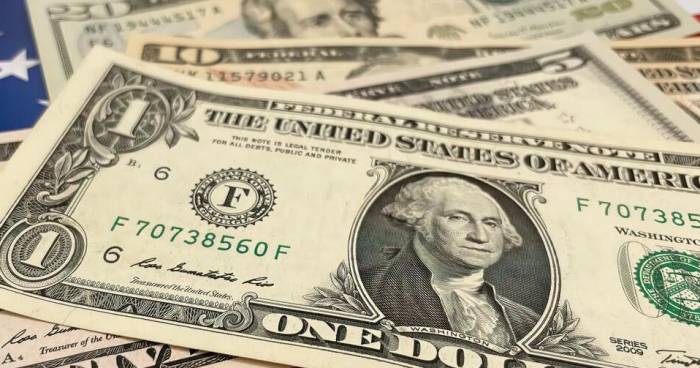









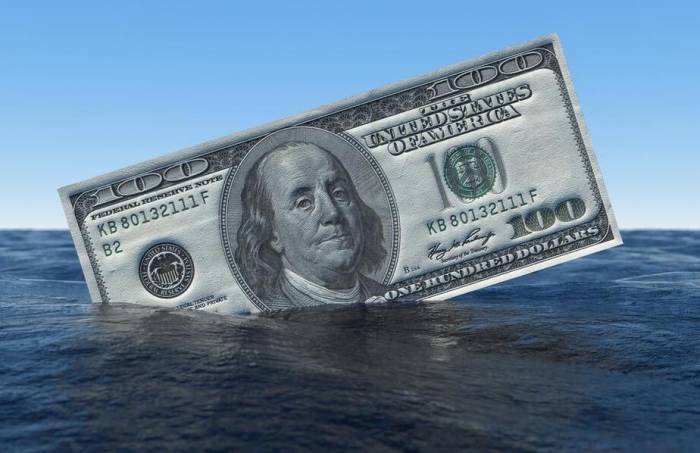
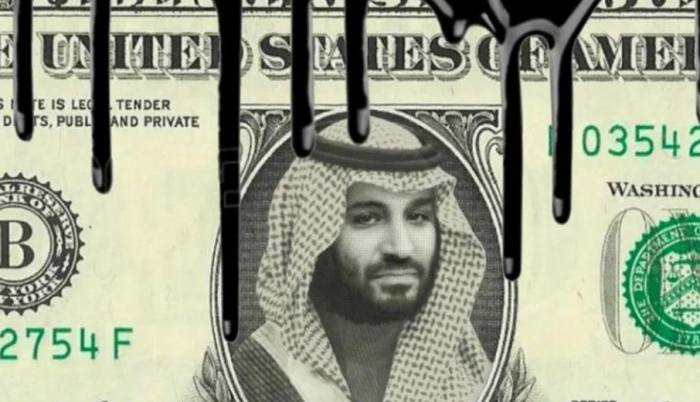
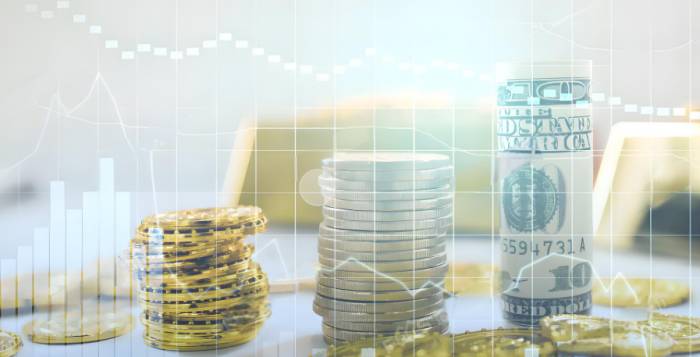

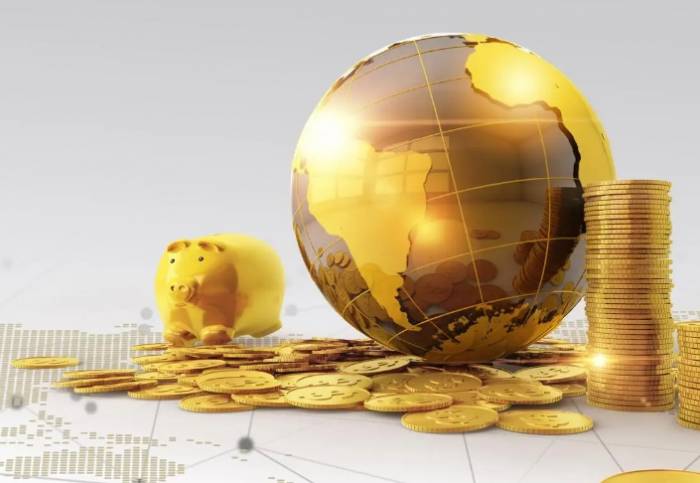

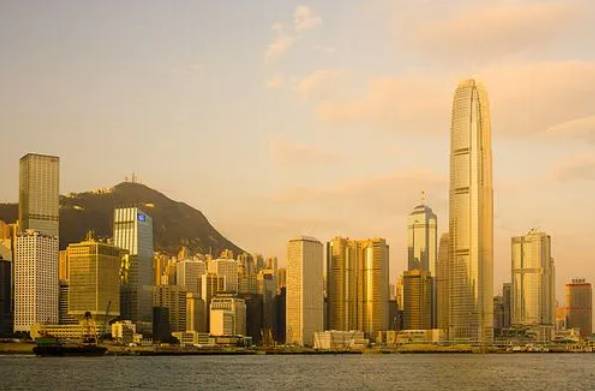
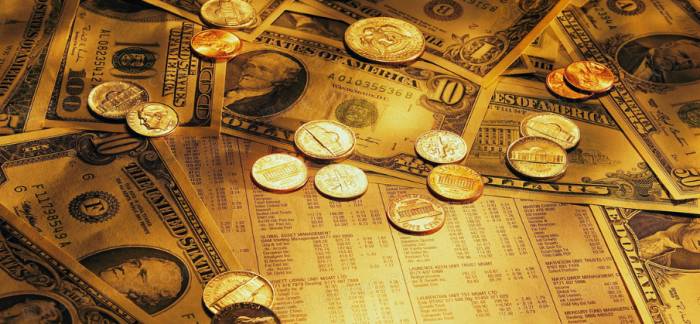
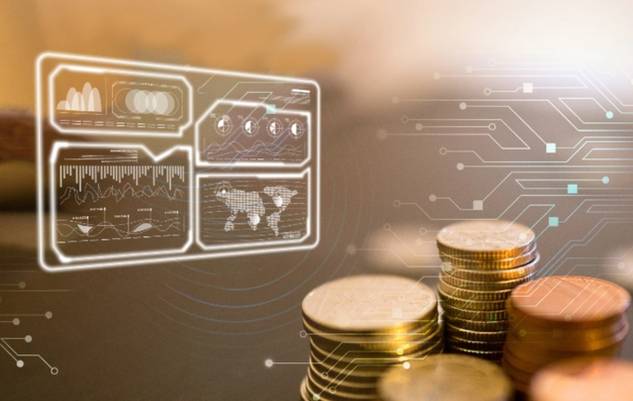


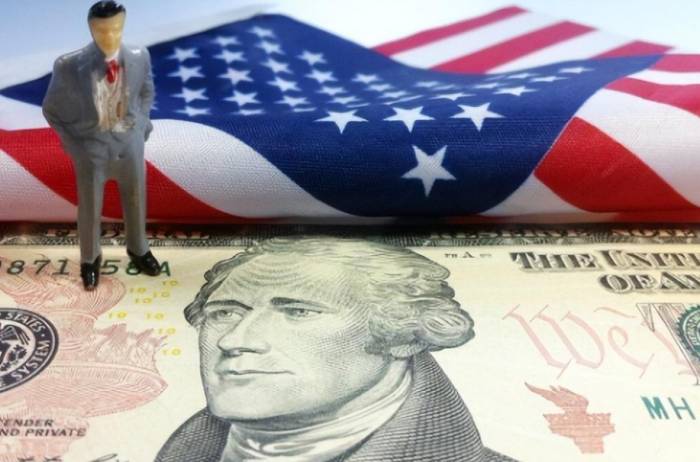

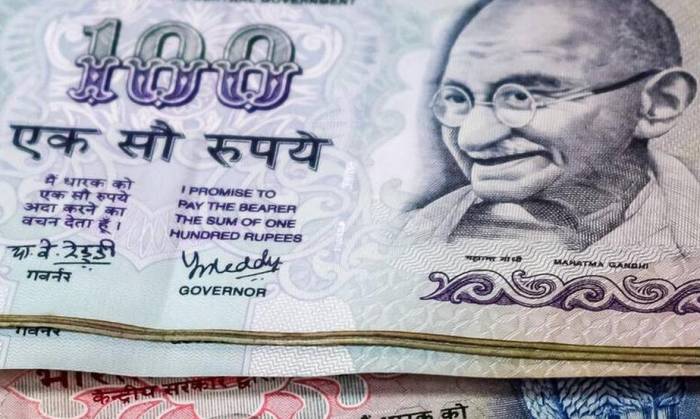
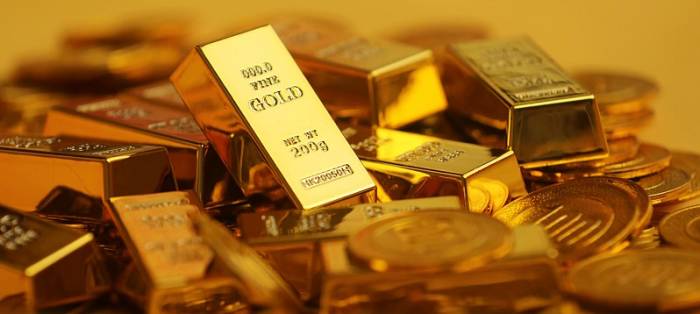
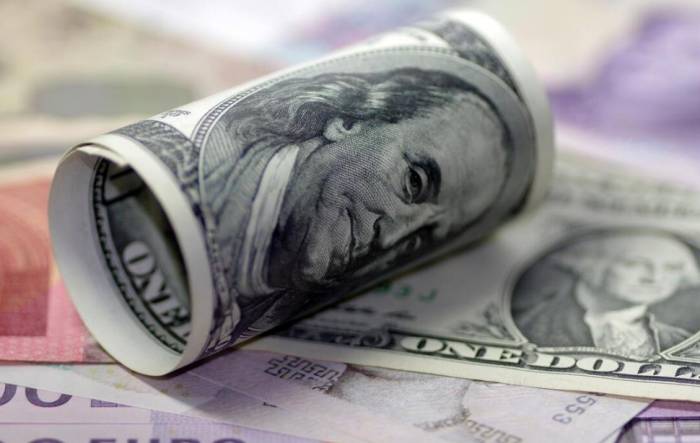

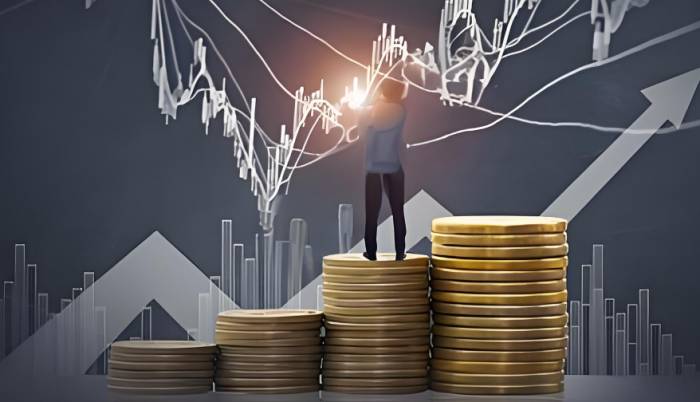
Join the Discussion